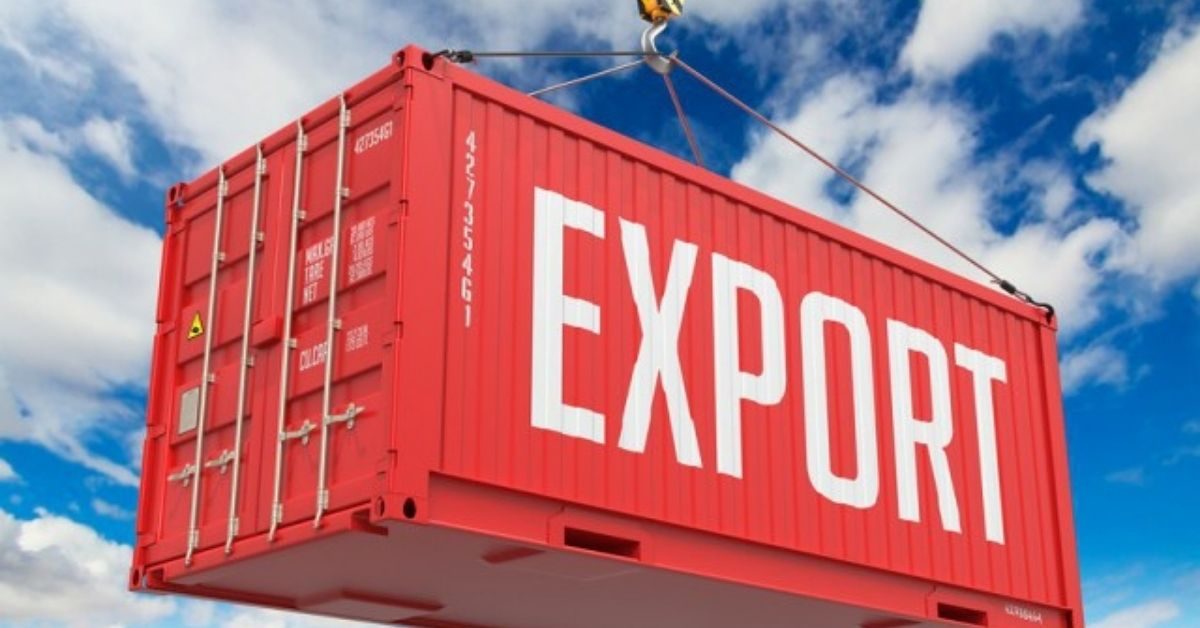India’s goods exports fell the steepest in three years in April as weakening global demand and declining commodity prices continued to weigh on outbound shipments. Exports declined by nearly 13% in April to $34.66 billion from $39.70 billion in the year-ago period, commerce ministry data showed.
The last steepest decline was in May 2020, when goods exports plunged 35.52%.
Merchandise imports also fell by 14% to $49.90 billion during the month, from $58.06 billion a year earlier. Consequently, the trade deficit narrowed to $15.24 billion from $18.36 billion in April last year.
“Imports have declined; part of it is due to the cooling down of commodity prices, and the second part is due to reduced demand for products considered discretionary spending. So, if you look at the major contributors to our decline in imports, they are gems and jewellery and petroleum. Both also have an export orientation. Petroleum products and gems and jewellery are high. So, a reduction in demand for products like gems and jewellery is likely to result in a decline of imports as well as exports,” director general of foreign trade (DGFT) Santosh Sarangi said.
The demand scenario does not look good as far as the US and Europe are concerned, at least for the next two to three months, he added. “Hopefully, things will change from September onwards.”
Services exports in April jumped 26% to $30.36 billion compared to $24.05 billion a year earlier, while imports surged 17% to $16.05 billion from $14.06 billion during the same period.
“The year-on-year decline in the merchandise trade deficit in April 2023 was primarily driven by non-oil items, with the fall in crude oil prices being partly absorbed by higher volumes. After a seasonal shrinkage to sub-$5 billion in Q4FY23, we expect the current account deficit to print at $8-12 billion in the ongoing quarter,” said Aditi Nayar, chief economist and head of research and outreach, Icra Ltd.
Barring four countries, exports to all top major destinations declined from 4% to 43% in April this year compared with last year.
Driven by petroleum product exports, outbound shipments to the Netherlands, UK, Saudi Arabia, and Italy grew 23.04%, 20.69%, 8.38% and 3.59%, respectively.
Meanwhile, overall petro-product exports slipped by 1.38% amid a sharp decline in crude oil prices. Exports in the category last month stood at $6.48 billion compared to $7.86 billion in April 2022.
The price of crude oil was volatile throughout the last financial year on account of the Ukraine war, ranging from $75-130 per barrel.
A. Sakthivel, president of the Federation of Indian Export Organisations, said that the war in Ukraine, coupled with the emerging geopolitical scenario, has made the international scenario much tougher for the exporters.
“With the expectations that the US economy would soon start showing signs of improvement and Chinese exports already showing a growth of 8.5 in April, we hope to continue with this growth trajectory,” Sakthivel added.
Exporters said shipments could improve beginning in July as fresh orders emerge for the festival season and new year.
Other top laggards in terms of exports were gems and jewellery, engineering goods, organic and inorganic chemicals and ready-made garments, as demand in Western countries continued to decline due to high inflation.
“The apparel and garment industry has been impacted fairly badly. If you look at the Bangladesh economy, it has been severely hit due to reduced demand for readymade garments,” DGFT Sarangi said.
On the contrary, exports in electronic goods, drugs and pharma, rice, oil meals, ceramic products, and glassware grew marginally.
“The second half of FY23 was quite challenging, considering weak demand from key markets. We are still not out of the woods considering the ongoing war in Europe, the slowdown in major advanced economies, high interest and geopolitical tensions. These challenges are likely to continue their adverse impact on trade,” said Arun Kumar Garodia, chairman of Engineering Exports Promotion Council India.







